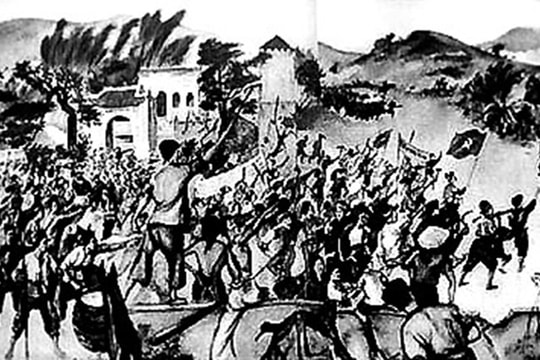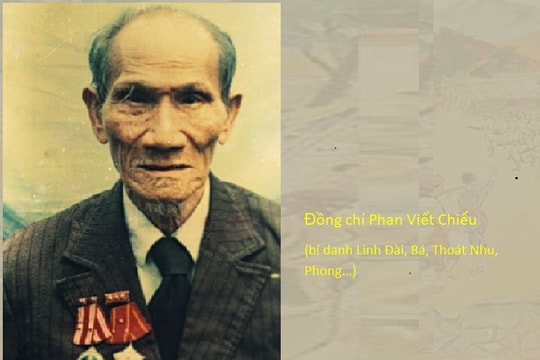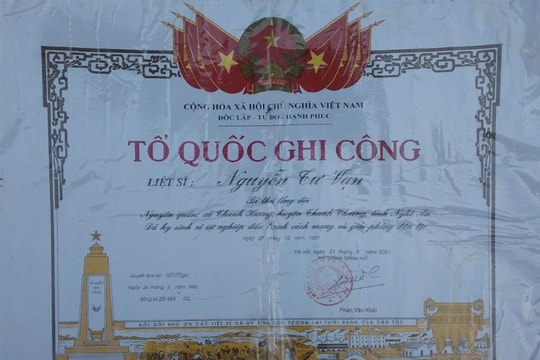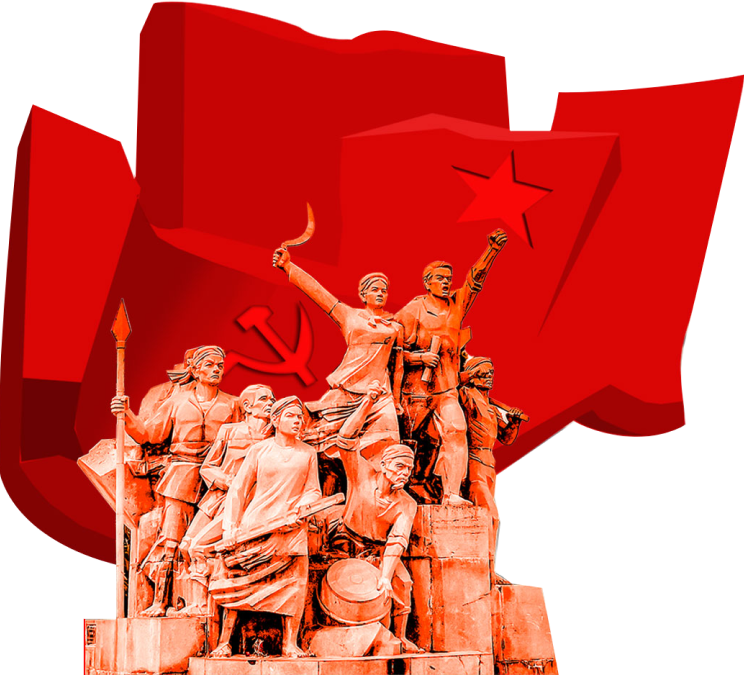Comrade Ho Tung Mau (1896-1951): Bright spirit of patriotism, steadfast communist integrity
Comrade Ho Tung Mau's real name is Ho Ba Cu, born on June 15, 1896 in Quynh Doi village, Quynh Luu district, Nghe An province.
Born and raised in a family with a tradition of patriotism and academic achievement, Ho Ba Cu soon had great aspirations and ambitions. After a period of teaching in Thanh Chuong district (Nghe An), Ho Ba Cu decided to quit teaching to have the conditions to participate in revolutionary activities.
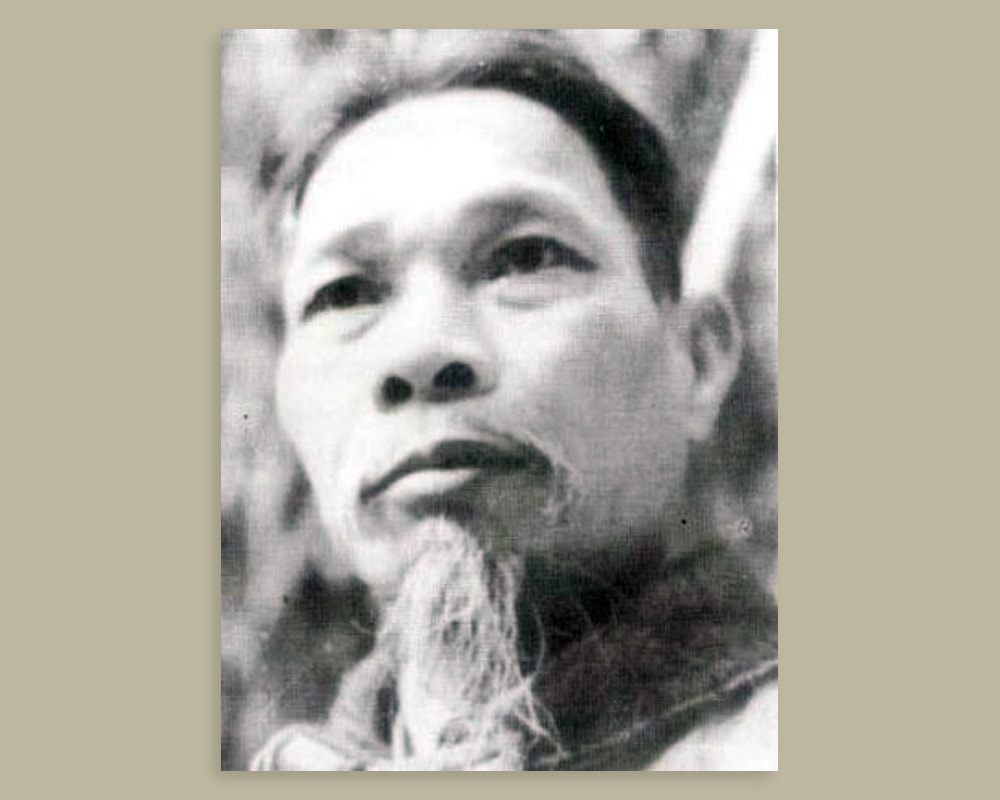
In the spring of 1920, Ho Ba Cu changed his name to Ho Tung Mau, along with Le Hong Son, Nguyen Thi Tich, Dang Quynh Anh, guided by Dang Xuan Thanh, and a number of patriotic youths secretly went to Siam. After 3 months in Trai Cay, Ban Dong (Phi Chit province), Ho Tung Mau was sent by Dang Thuc Hua to China to carry out revolutionary activities. In March 1924, Ho Tung Mau was assigned by Phan Boi Chau to bring documents back to the country to propagate and mobilize youth to go abroad. In 1923, Ho Tung Mau and Le Hong Son... founded the organization "Tam Tam Xa".
In November 1924, Nguyen Ai Quoc returned to Guangzhou (China) from the Soviet Union. He met with patriotic Vietnamese youth in the "Tam Tam Xa". On that basis, in 1925, Nguyen Ai Quoc admitted a number of these youth into the "Communist League". In June 1925, he founded the "Vietnam Revolutionary Youth Association" and opened a political training class for young people from the country. The "Special Political Training Department" was located at No. 13 Van Minh Street (Guangzhou). Ho Tung Mau and Le Hong Son were Nguyen Ai Quoc's assistant lecturers.
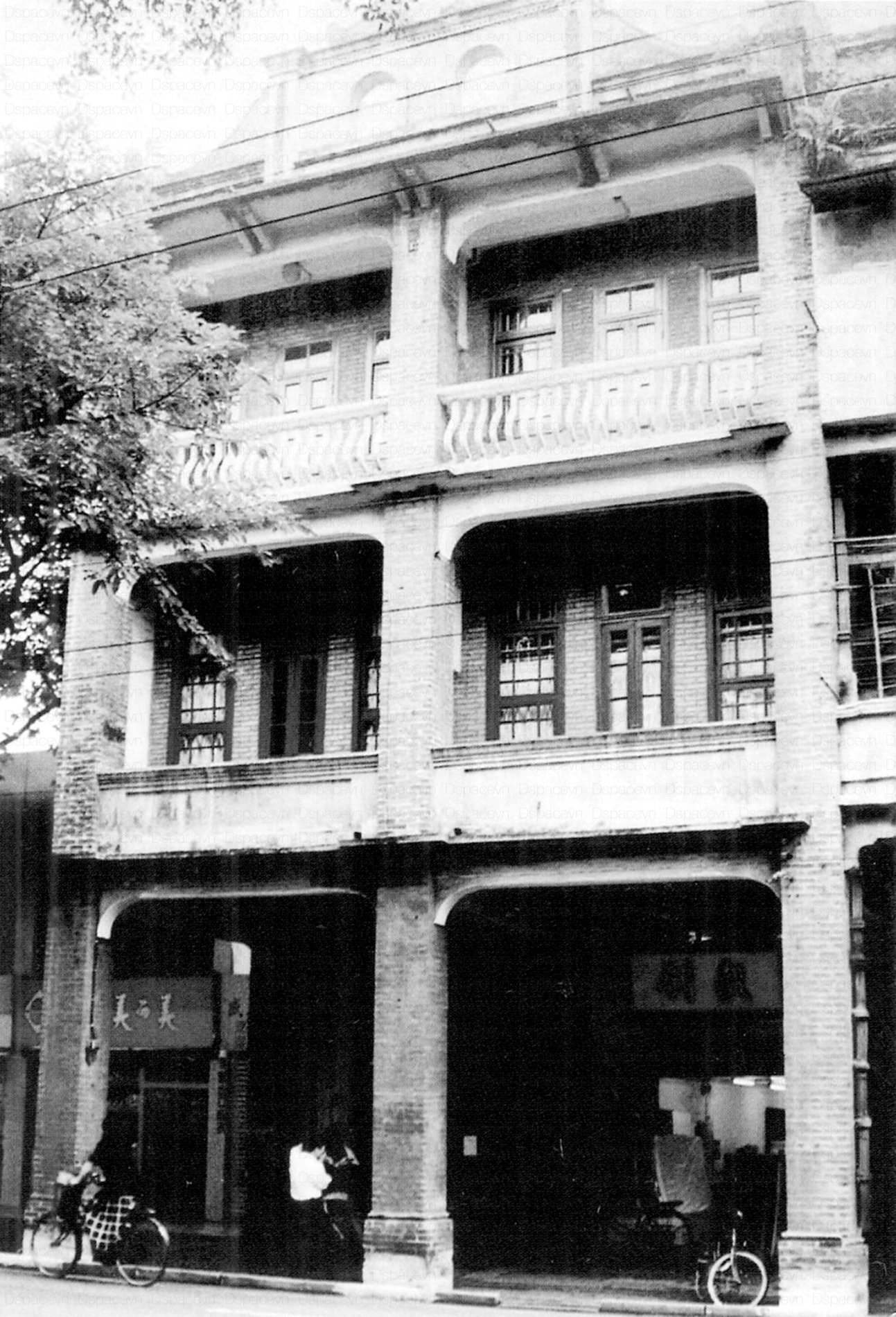
In March 1926, due to the demands of the revolution, Nguyen Ai Quoc introduced Ho Tung Mau to join the Communist Party of China. From 1927 to 1929, comrade Ho Tung Mau was arrested three times and suffered all kinds of torture in the imperial prison.
In early 1930, comrade Ho Tung Mau and comrade Le Hong Son actively prepared for the conference to unify communist organizations convened by leader Nguyen Ai Quoc in Kowloon, Hong Kong (China) on February 3, 1930.
In June 1930, comrade Ho Tung Mau was arrested by British police in China and handed over to the French colonialists in Indochina. On February 6, 1931, the Nam Trieu Court of Nghe An province sentenced Ho Tung Mau to life imprisonment in exile in Kon Tum. After going through prisons in Vinh, Kon Tum, Ban Me Thuot, Tra Khe (Phu Yen)..., he always maintained his communist spirit, turning the prison into a revolutionary school. He wrote plays, literature, and poetry in prison with patriotic and revolutionary poetry and literature.
After the Japanese coup against the French, Ho Tung Mau and his fellow political prisoners broke out of Tra Khe Prison and returned home to carry out revolutionary activities.
After the success of the August Revolution in 1945, comrade Ho Tung Mau was entrusted by President Ho Chi Minh with the task of organizing a communication system between the People's Revolutionary Committees of localities from the North to the South. In 1946, he was appointed Director and Political Commissar of the Central Military School. When the national resistance war broke out, the Party and the Government assigned him the task of Chairman of the Central Administrative Resistance Committee and member of the Inter-Zone Committee of Inter-Zone IV. In 1947, he was appointed as the Government Inspector General.
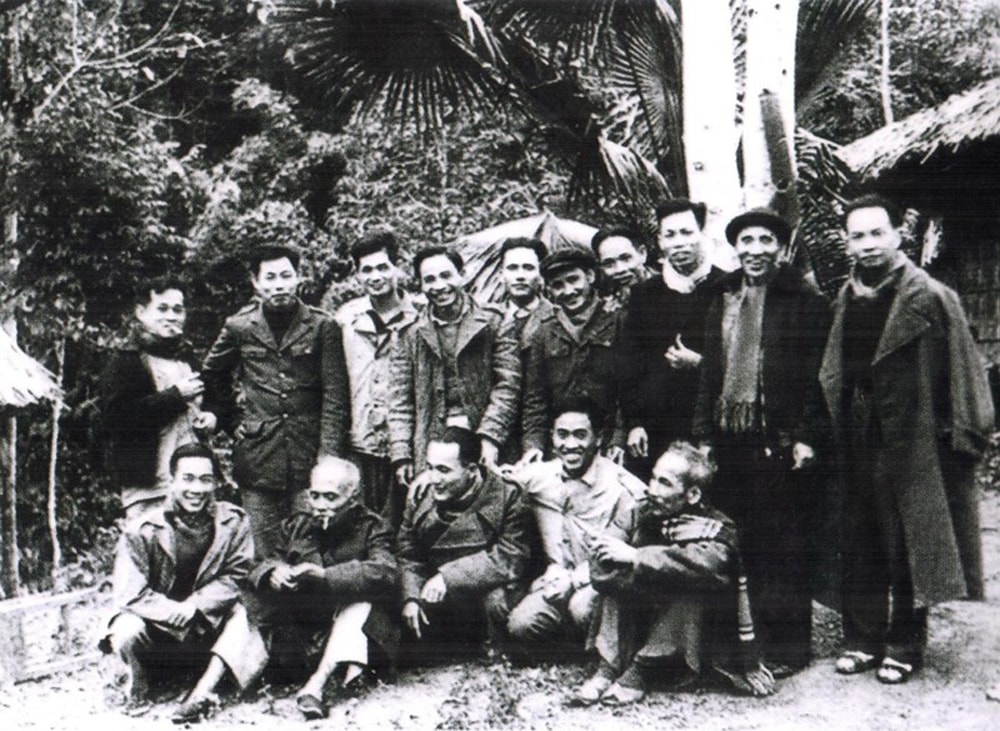
In 1951, at the 2nd National Congress of the Party, comrade Ho Tung Mau was elected to the Party Central Committee. He was the first President of the Vietnam - China Friendship Association.
On July 21, 1951, comrade Ho Tung Mau sacrificed his life in Thanh Hoa while on his way to work in Inter-zone IV. President Ho Chi Minh wrote a eulogy for comrade Ho Tung Mau.
Comrade Ho Tung Mau was posthumously awarded the Ho Chi Minh Medal. Streets in Hanoi, Ho Chi Minh City, Hue, Vinh City... were named after him.

